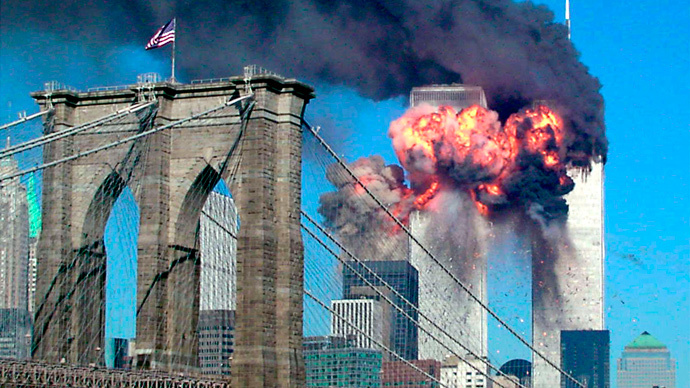US ‘overreacted’ to 9/11 – Oxford vice-chancellor

The US overreacted to the 9/11 attacks because it was unused to terror on home soil, while Britain proved to be a far more resilient because of the Troubles in Northern Ireland, according to Oxford University’s first woman vice-chancellor.
The newly appointed vice-chancellor, Professor Louise Richardson, is an acknowledged expert on terrorism and has advised UK government officials on the issue.
Speaking at the Going Global conference, which was held in London on Monday, Richardson said: “The whole genius of terrorism is to have a greater psychological impact.
“The reason random attacks have so much more impact is that if nobody is chosen, nobody is safe and the fear is much more widespread. I think central to any counter-terrorism campaign should be a resilient population.”
Richardson, who grew up in the Republic of Ireland during the Troubles, reasoned that the UK’s regular exposure to terrorist attacks during that period had inoculated it against the level of panic seen in the US after the World Trade Center attacks.
“I have to say the British population in the course of the Troubles and violence in Northern Ireland proved really quite resilient I think – far more so than the US and the scale of the reaction and overreaction in the US to the 9/11 atrocity.
“This was a reflection of the fact that this was such a new experience for the US.”
She also reflected on the socioeconomic background of terrorists.
“I think it’s simple a matter of demographics,” she said.
“Violent extremists by and large are young men, predominantly male – and they often congregate in universities.”
“The most combustible combination is an educated workforce but with the kind of economy that can’t allow them to realize their expectations that have been heightened by their education.”
She went on to argue the best antidote for radicalization is education.
“Any terrorist I’ve ever met in the course of my academic career had a highly oversimplified view of the world – a view of the world [which is] black and white.”
READ MORE: Terror threat: Belfast most dangerous city in Europe – risk analysts
A recent study also challenged prevailing views of terrorism, suggesting Northern Irish sectarian terror may present a greater threat than Islamist-inspired attacks.
Carried out by risk analytics firm Verisk Maplecroft, which compiles data for use by insurers and financial corporations, the investigation found that Belfast faces the highest risk of terrorism of all European cities, while London is “low risk” despite being an “attractive target.”
The research, published last month, examined cities across the globe most likely to suffer terror attacks.












